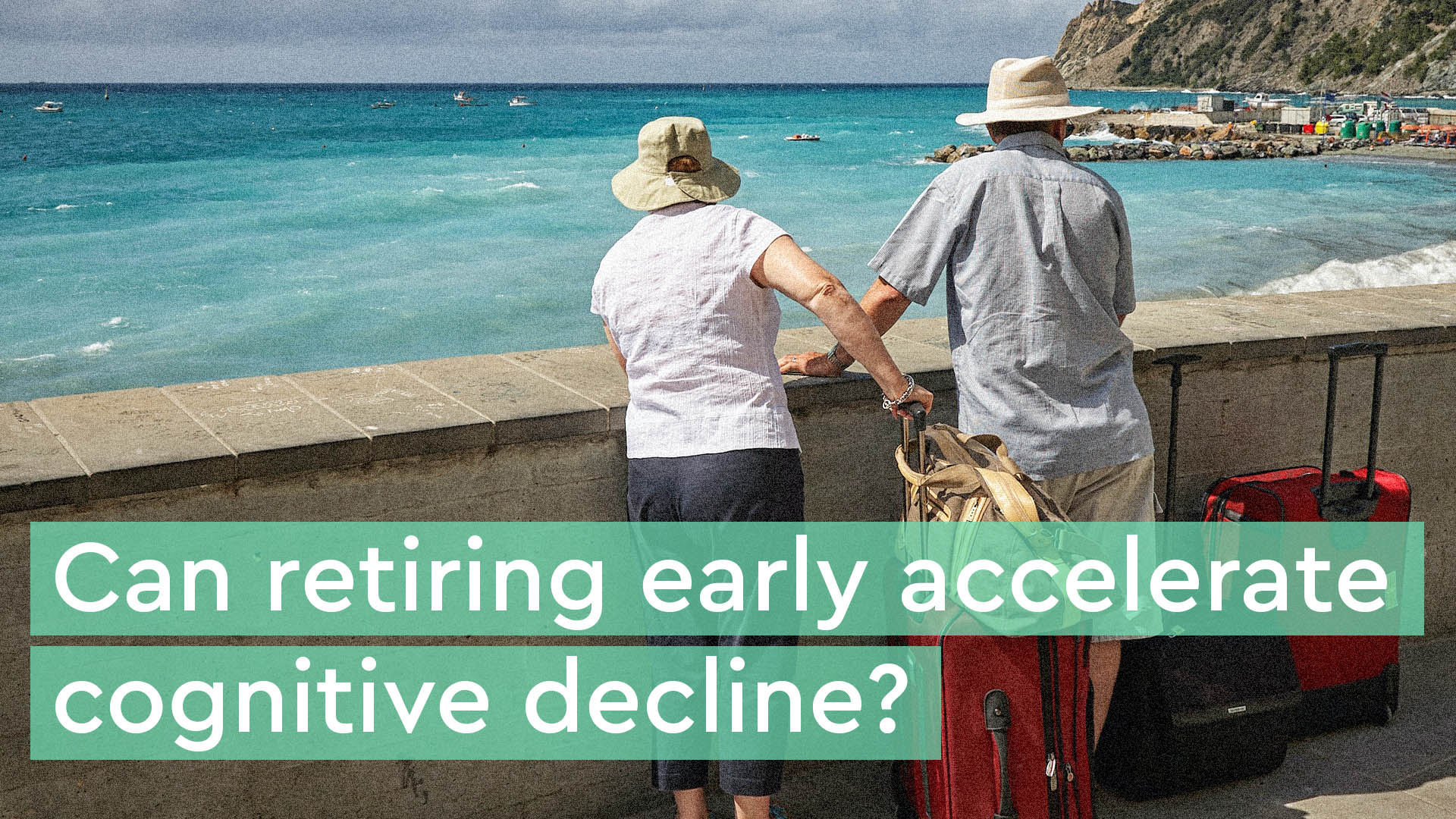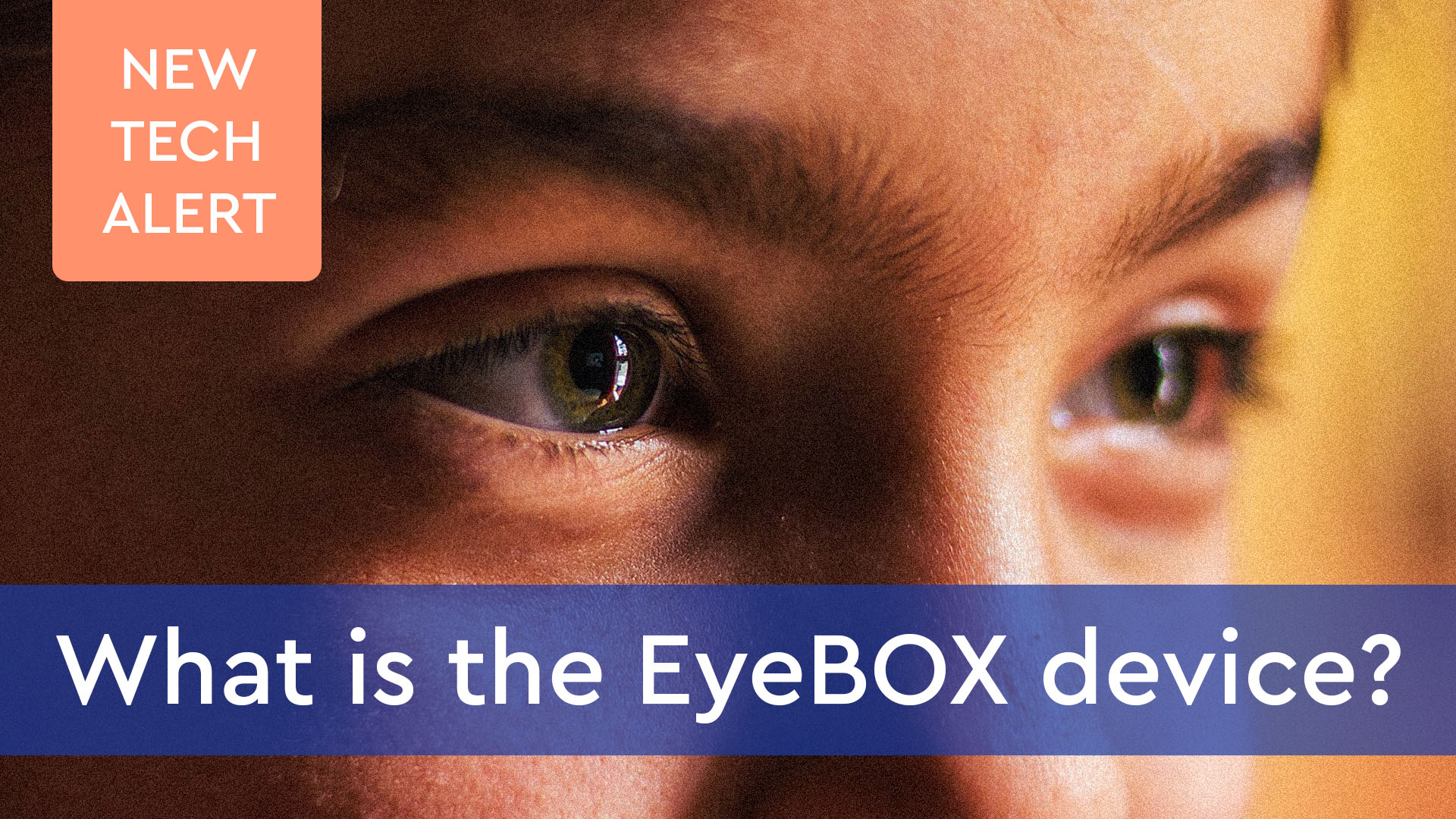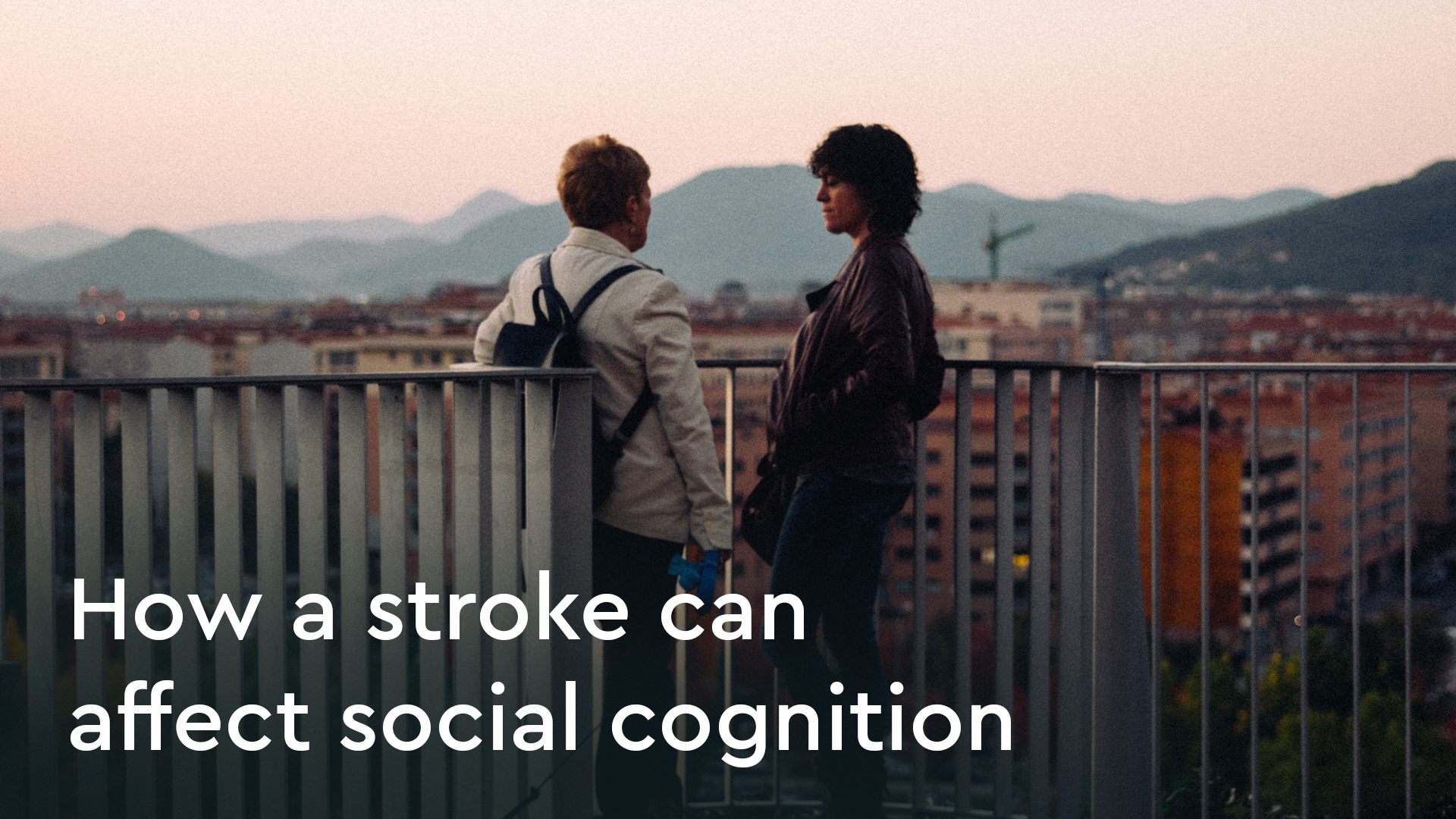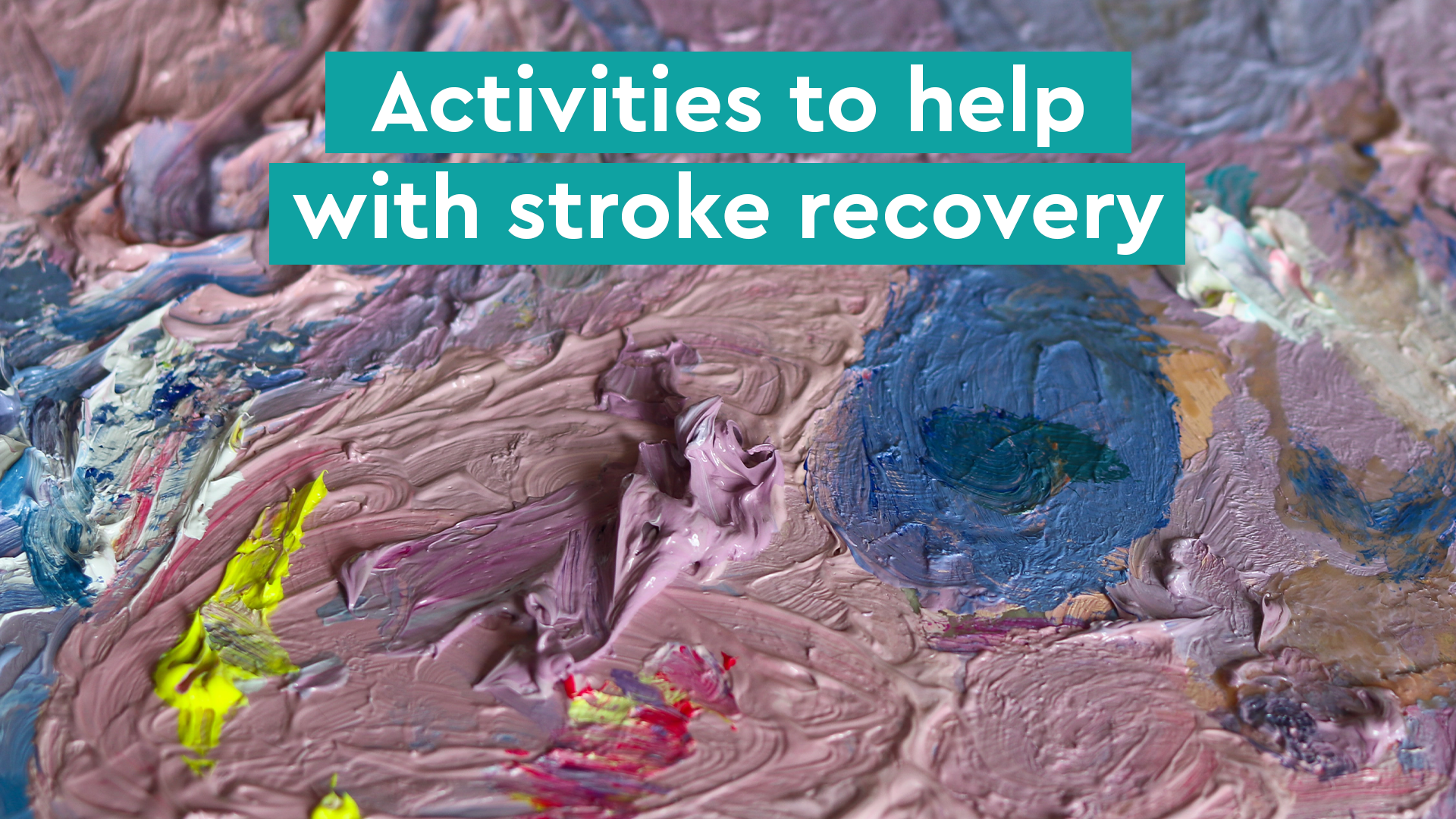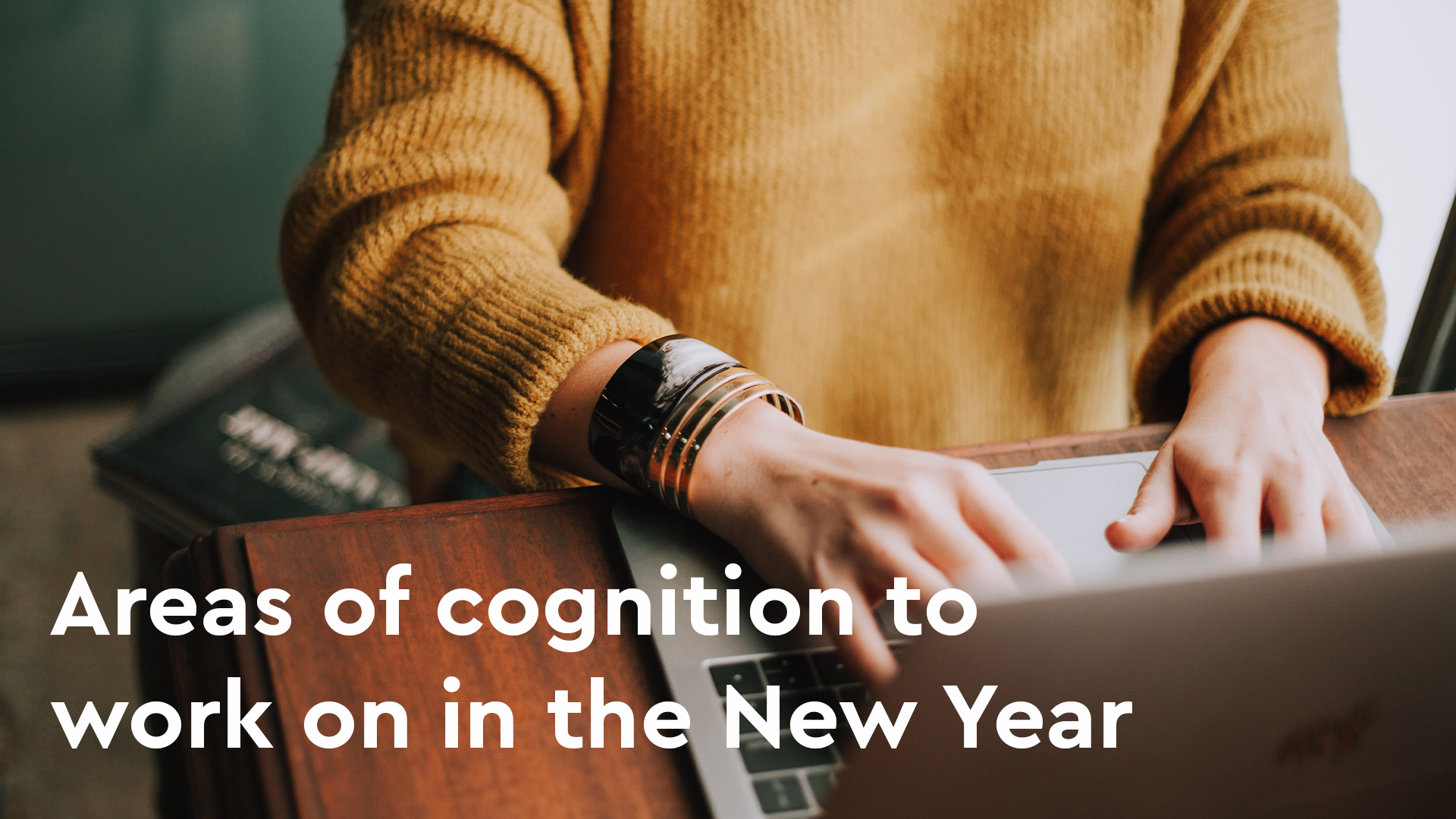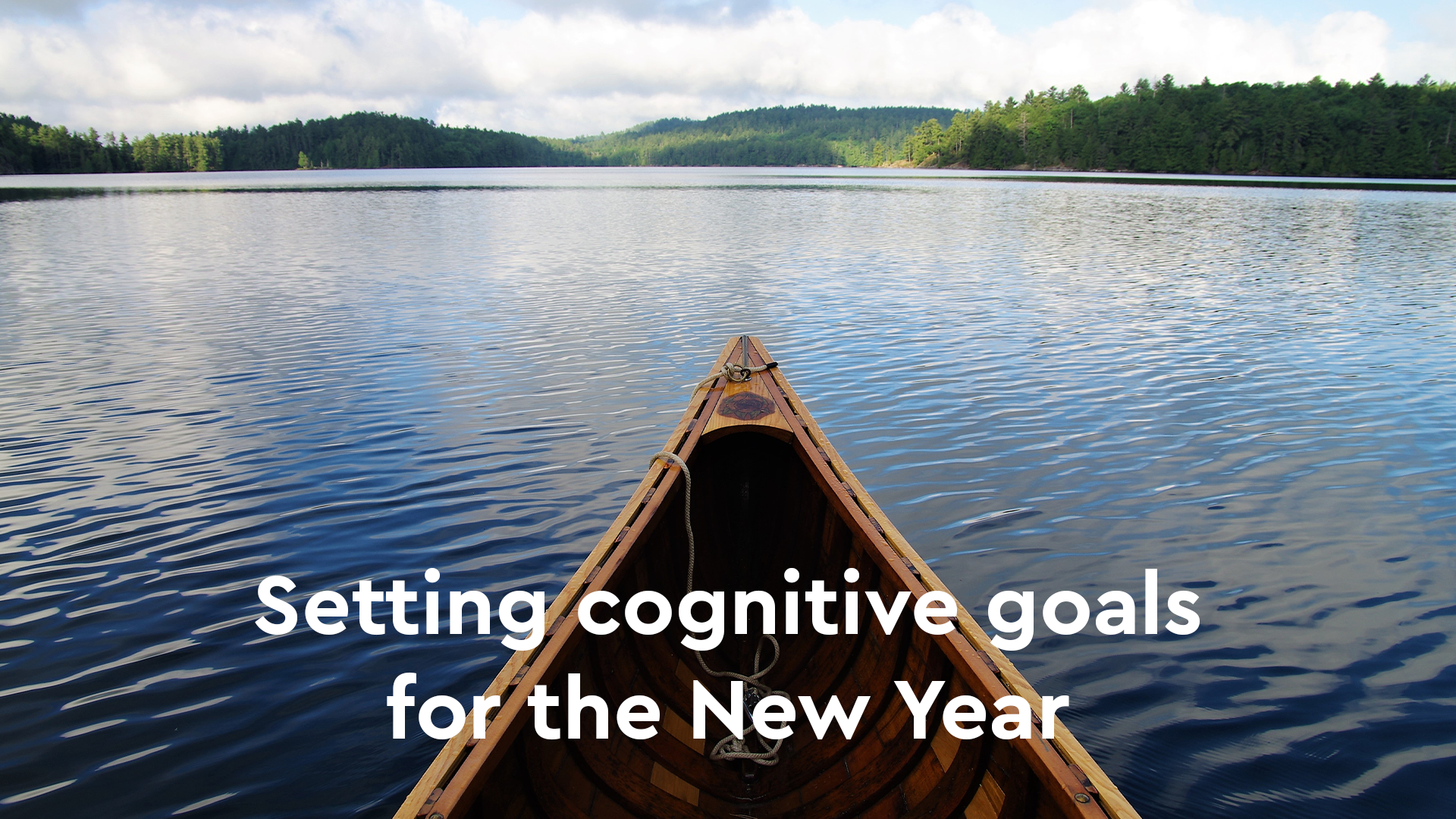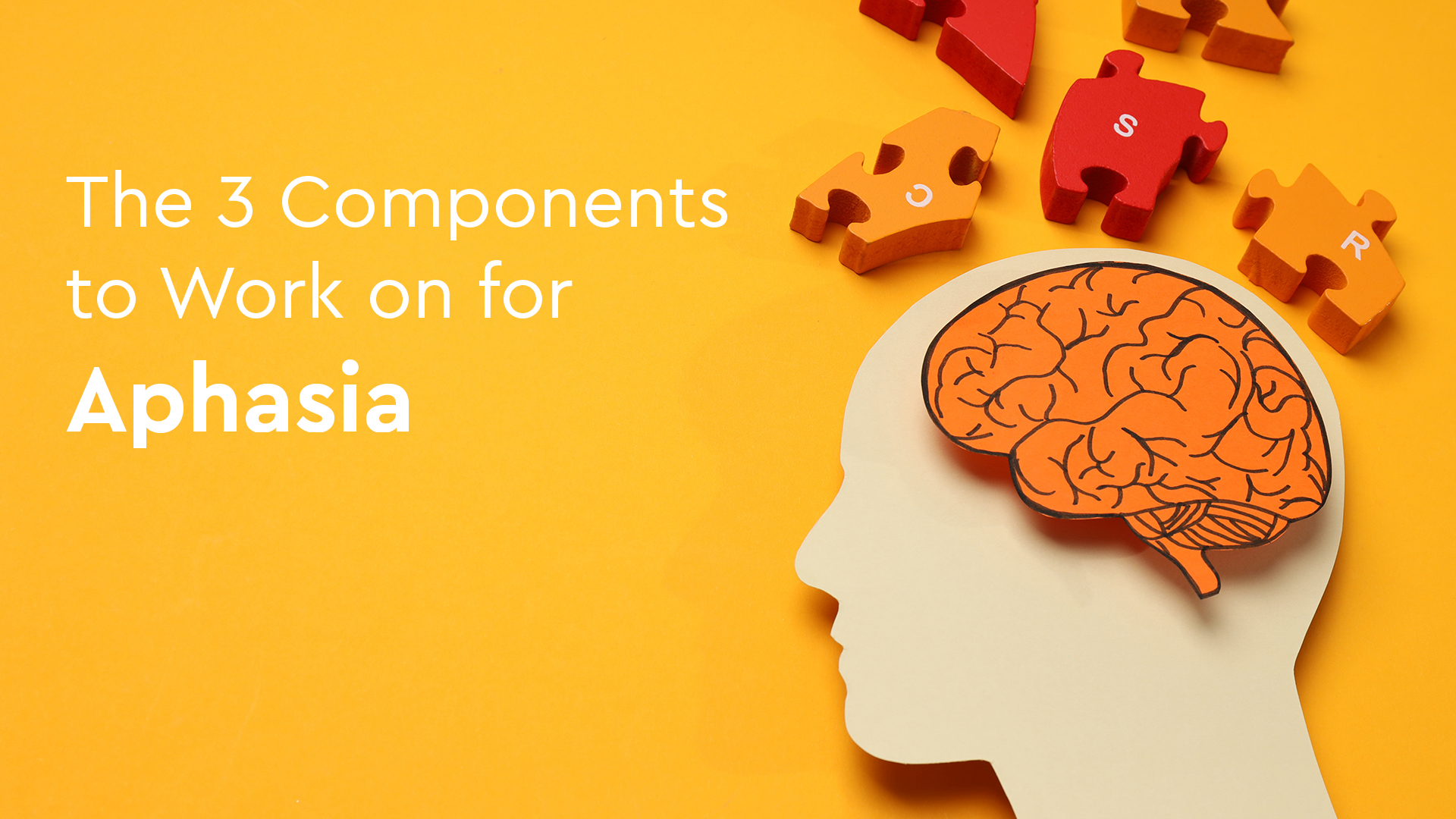02 Jun Can Retiring Early Accelerate Cognitive Decline?
Posted at 00:00h
in Adults, Alzheimer's Disease, Cognitive Stimulation, Dementia, friendship, Health, Healthy Aging, Seniors
Many people choose to retire early if they have the financial resources to do so. This can be good for us in many ways! However, it’s worth exploring research that tells us something we may not want to hear - that retiring early could potentially accelerate cognitive decline. Let’s take a look at what the research says.


